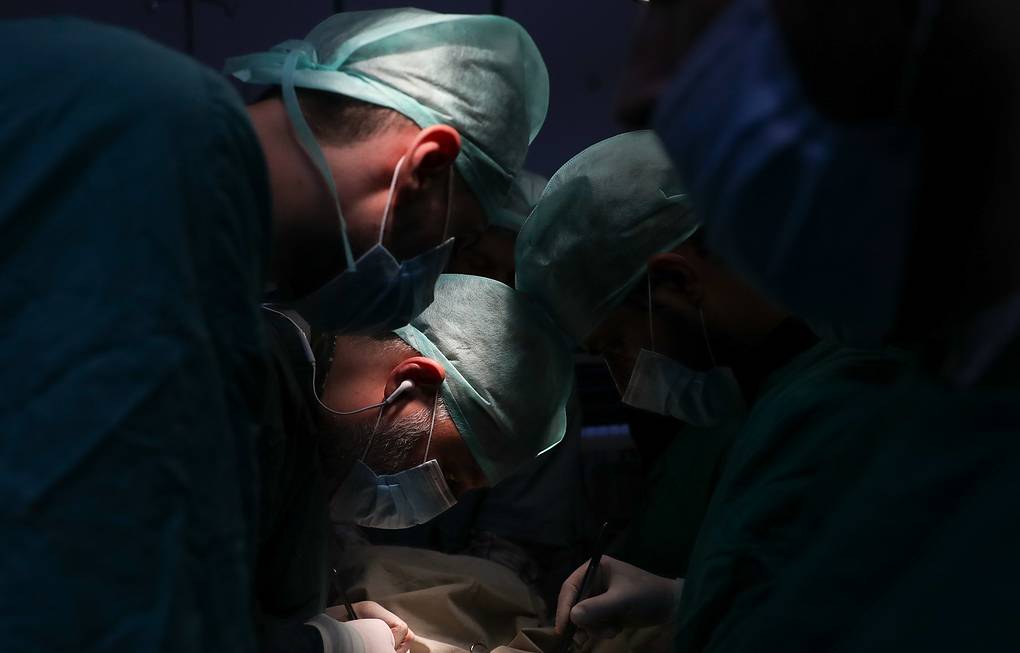
For the first time, American doctors transplanted two pig kidneys to humans at once. In the first three days after surgery, medics recorded no organ malfunction. In preparation for the operation, the animal’s genome was cleaned of areas that caused a rejection reaction from human immune cells. A description of the work was published in the American Journal of Transplantation.
For a long time, transplantation of animal organs to humans has been hampered by a reaction of the human immune system, which rejects foreign tissues. Biologists solved this problem only at the beginning of the last decade: then they learned to remove the genes responsible for the operation of the “our – alien” system using the genomic editor CRISPR/Cas9. Thanks to this, scientists transplanted a pig’s heart first into the body of a baboon and then into the chest of a terminally ill human.
Last fall, scientists also transplanted another pig organ, a kidney, to humans for the first time. Jamie Locke of the University of Alabama at Birmingham and colleagues built on this success and performed the first successful surgery to transplant two kidneys, which had been grown in pigs, into humans at once. For this experiment, scientists needed permission from relatives of a 57-year-old man who had fallen into a coma and donated his organs for the good of science.
Scientists used this body to see if pig kidneys could work in humans. The fact is that the efficiency of the kidneys and the likelihood of kidney malfunction are highly dependent on the pressure in the blood vessels. In humans, this index is much higher than in pigs, so medics feared that the pig kidneys would be damaged by the transplant even if the organs were 100 percent immune-compatible.
To ensure this, geneticists removed or replaced ten sections of pig DNA associated with blood clotting, cell growth and the “our-others” system with human analogues. As a result, the transplanted organs became not only “invisible” to immunity, but also became compatible with the blood systems of carriers of all blood types.
Having grown several such pigs, scientists extracted their kidneys and implanted them into the patient. Both organs took root and within the first half an hour after transplantation began to cleanse the blood of toxins. Over the next three days of observation, Lock and her colleagues recorded no evidence of bleeding or other malfunctions potentially associated with high pressure in the human circulatory system inside the pig kidneys.
The successful completion of this surgery, according to the medics, paves the way for similar experiments involving volunteers suffering from incurable kidney disease. Doctors hope this kind of transplantation could save the lives of several hundred thousand patients who die each year because there are no suitable donors for kidney transplants.




